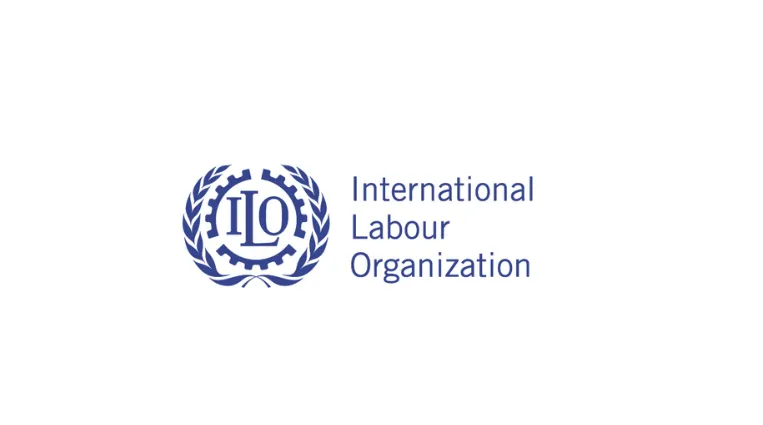ILO to launch Myanmar eLearning Programme on Child Labour to bolster social protection and community action
30 May 2022

ILO (Myanmar) launches eLearning Programme on child labour.
YANGON (ILO News) – On the back of the 5th Global Conference on the Elimination of Child Labour, ILO Myanmar has announced the upcoming release of a Myanmar eLearning Programme on Child Labour to enable stakeholders to take action against child labour.
Delivered in Myanmar and English language, the nine-module interactive course is set to go live at the ILO’s digital learning platform on June 12, the World Day Against Child Labour.
The course aims to equip civil society partners, social workers, employers and worker’s organizations to effectively assess and address cases of child labour within their communities. The modules consist of a live, instructor-led component and an ‘on-demand’ online component. It also provides participants with comprehensive information and tools to design interventions contributing to the elimination of child labour.
“Economic challenges and school closures due to the Covid 19 pandemic, political and security crisis in Myanmar are exacerbating child labour in Myanmar. With millions of children at risk, capacity building and collective and timely responses have become even more critical,” said Mr Donglin Li, ILO Myanmar Liaison Officer/Representative.
The role of social protection in the elimination of Child Labour
The ILO and UNICEF at Headquarters launched a new report last week during the 5th Global Conference to Eliminate Child Labour that estimates that 60 million children – 1 in 10 worldwide – were in child labour at the beginning of 2020. Without effective action, that number could rise by 8.9 million by the end of 2022, due to higher poverty and increased vulnerability.
Children in conflict areas without proper access to social protection are even more likely to become involved in work and less likely to get an education. According to another report launched last week by the ILO , the incidence of child labour in countries affected by armed conflict was 77 per cent higher than the global average, and the incidence of hazardous work was 50 per cent higher.
Delegates at the 5th Global Conference on the Elimination of Child Labour last week have already adopted the Durban Call to Action which outlines commitments in six different areas to end child labour, including strengthening the prevention and elimination of child labour, including its worst forms, and achieving universal access to social protection.
If most countries put proper social protection measures in place, child labour can decline by 15 million by the end of 2022, thus allowing a significant improvement in sustainable development goals (SDG) 8.7.
The ILO is the only tripartite United Nations agency devoted to promoting rights at work, encourage decent employment opportunities, enhance social protection and strengthen dialogue on work-related issues. More information about the ILO’s work in Myanmar can be found at https://www.ilo.org/yangon .
Anne Boyd
ILO
Programme Manager
[email protected]
Announcements
28 February 2025
Asian NGO Network on National Human Rights Institutions , CSO Working Group on Independent National Human Rights Institution (Burma/Myanmar)
Open letter: Removal of the membership of the dis-accredited Myanmar National Human Rights Commission from the Southeast Asia National Human Rights Institution Forum

Progressive Voice is a participatory rights-based policy research and advocacy organization rooted in civil society, that maintains strong networks and relationships with grassroots organizations and community-based organizations throughout Myanmar. It acts as a bridge to the international community and international policymakers by amplifying voices from the ground, and advocating for a rights-based policy narrative.